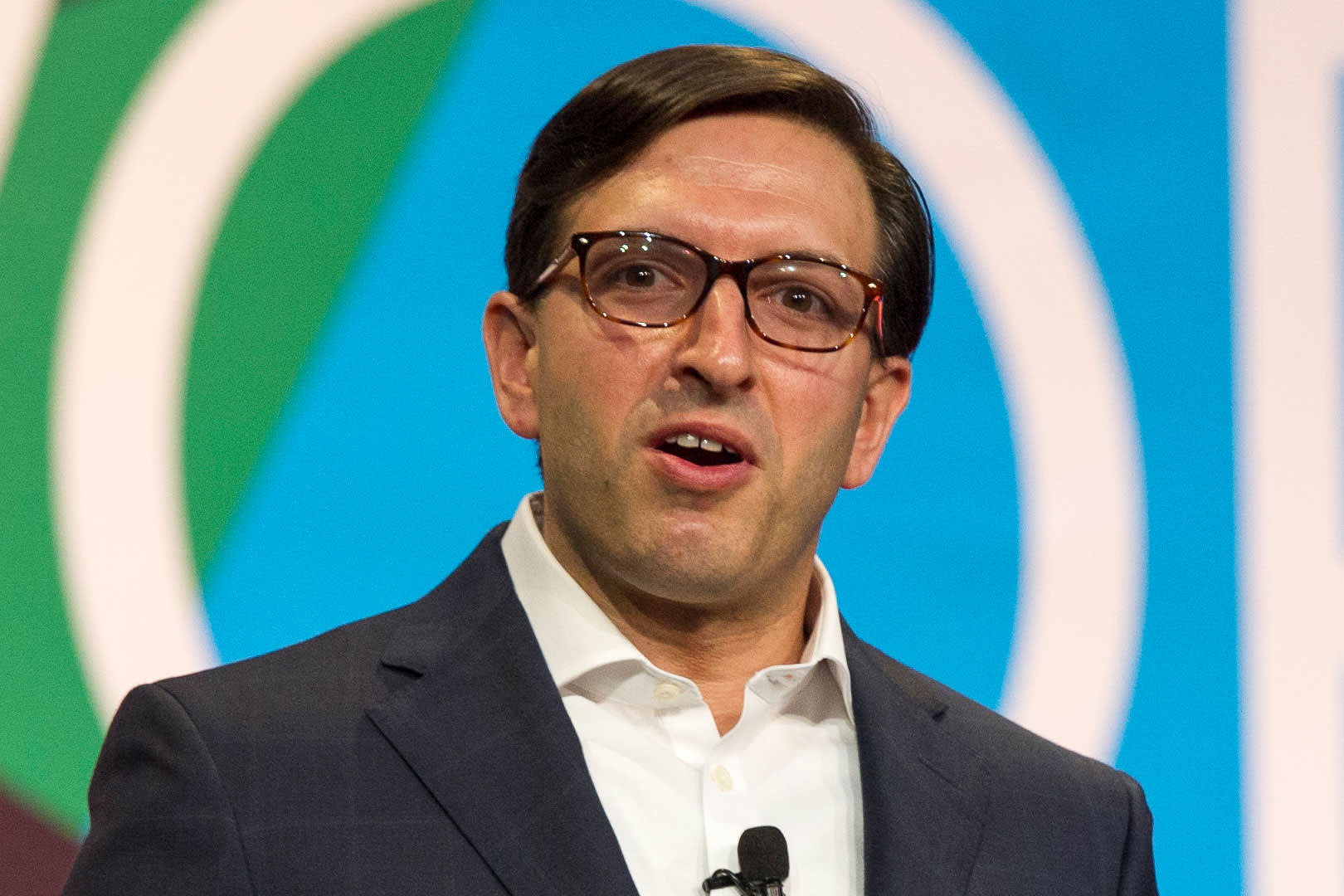
Amir Dan Rubin
David Paul Morris | Bloomberg | Getty Images
On the same day that concerns surrounding the coronavirus sparked the biggest plunge in the Dow Jones Industrial Average since August, primary care chain One Medical held its stock market debut.
It's not the kind of coincidence a company in the health care industry wanted. Market selloffs are typically bad for IPOs.
But the stock did fine, climbing 58% in it is first day on the Nasdaq, albeit after the San Francisco-based company priced at the bottom end of its expected IPO range. With a closing price of $22.07, One Medical is valued at about $2.7 billion.
Speaking from the Nasdaq on Friday, One Medical CEO Amir Rubin told CNBC that his company is built to help patients when potential crises like the coronavirus emerge. That's because One Medical combines a network of primary clinics and a membership base of almost 400,000 people with a suite of digital services that allow the company to share information with patients from local and national authorities as well as medical professionals.
"We hope this is contained, but we stand ready to serve and we're ready to answer members' questions," Rubin said. "Certainly there is concern and people are reaching out."
In the midst of Rubin's interview with CNBC, Trump Administration officials were speaking to reporters at the White House about the coronavirus. Health and Human Services Secretary Alex Azar said that President Donald Trump signed an order for the U.S. to deny entry to any foreign nationals who have traveled in China within the past two weeks, aside from the immediate family of U.S. citizens.
The Dow plunged 2.1% on Friday, the index's worst day since August, while the S&P 500 tumbled the most since October, falling 1.8%. Selling was sparked by fears that the coronavirus would spread to a degree that it would start hurting the global economy.
The virus, first discovered in the Chinese city of Wuhan, has reached at least 18 other countries. China's National Health Commission confirmed on Friday that there have been 9,692 confirmed cases of the coronavirus, with 213 deaths. The World Health Organization recognized the deadly pneumonia-like virus as a global health emergency on Thursday, citing concern that the outbreak is spreading to countries with weaker health systems.
One Medical's business is built around its 77 clinics, including some on corporate campuses, in nine metropolitan areas across the country, with three more on the way. The company charges $200 a year to individuals and has 6,000 companies — Google accounts for 10% of revenue — that provide the service to employees.
In addition to primary care, members get access to a mobile app that allows them to access prescriptions and lab results and a messaging tool for reaching out about "medical issues or health questions around-the-clock," according to the prospectus. The filing says that 47% of members engage with the mobile app or website every month.
Rubin, who was a senior executive at UnitedHealth Group before taking over One Medical in 2017, said the company is in regular contact with local health departments and the Center for Disease Control. Any information from those agencies can be shared, as needed, with patients who may be traveling or could otherwise be at risk. Rubin said the company has built algorithms that remind people when to followup with a physician or go in for a cancer screening, and that same technology can be used to determine who to reach with critical information about the spread of a disease.
"We are absolutely getting inbound inquiries and triaging patients," Rubin said. "This is what we do."
WATCH: CNBC's interview with One Medical CEO
Read More
